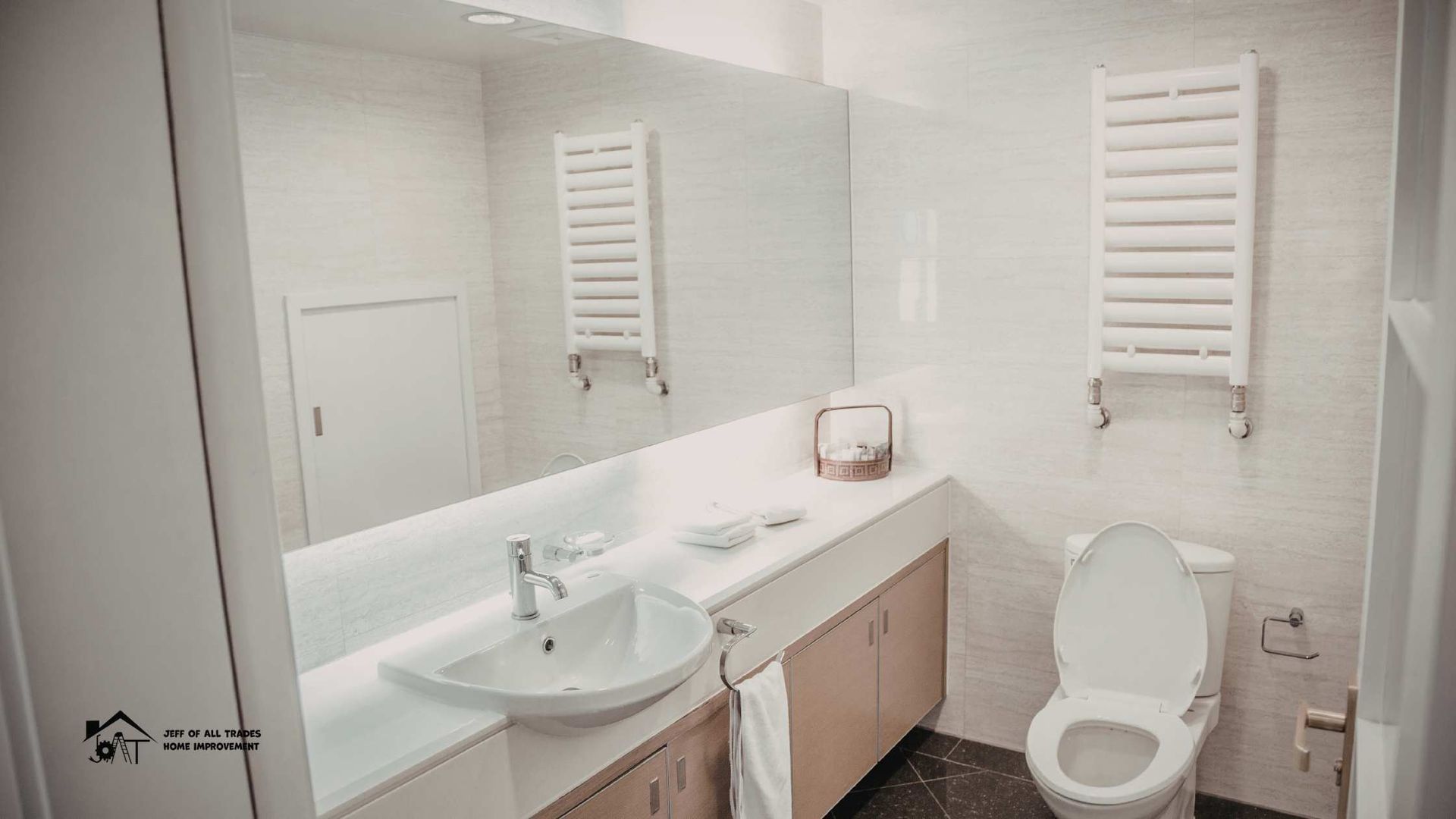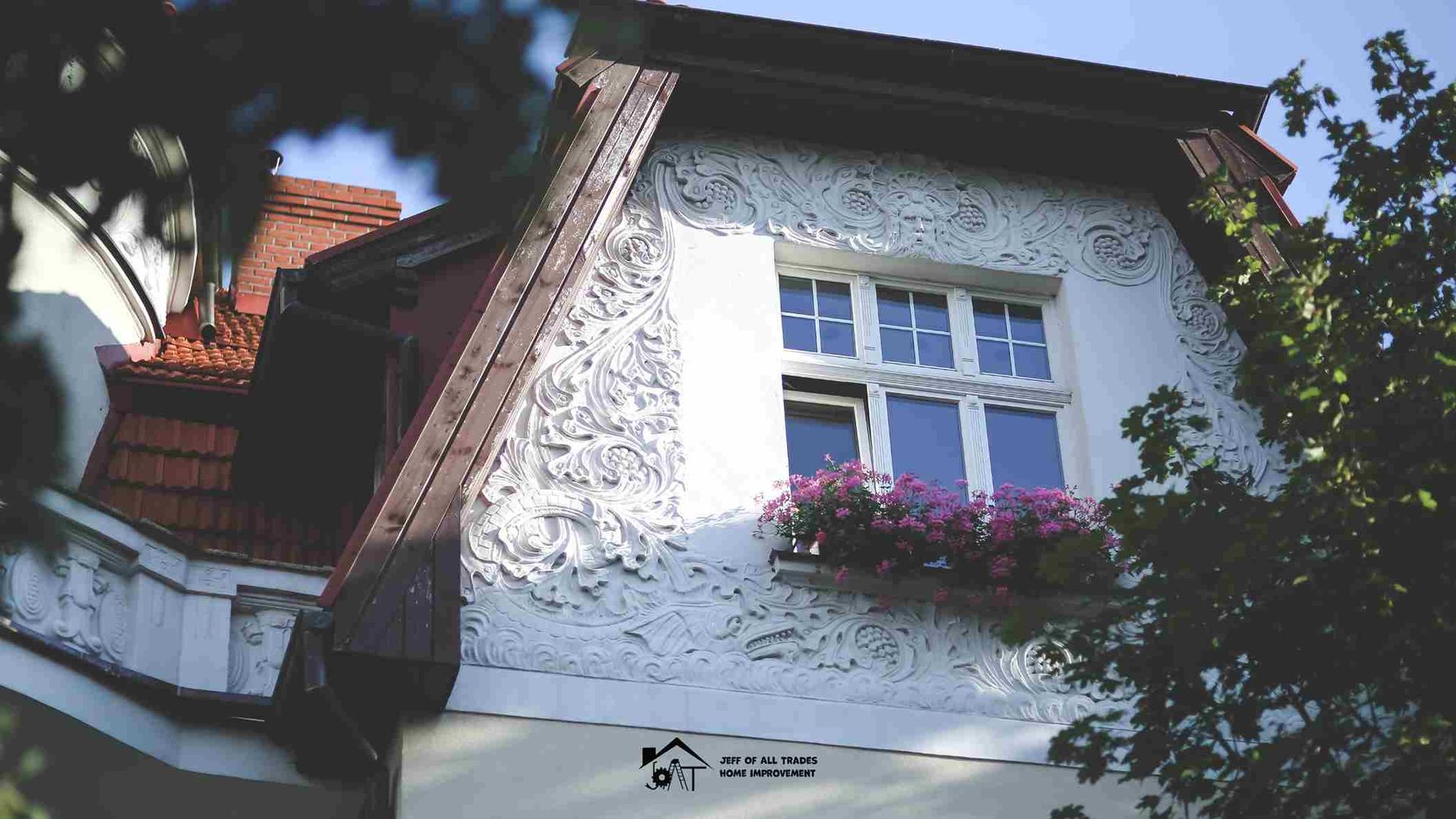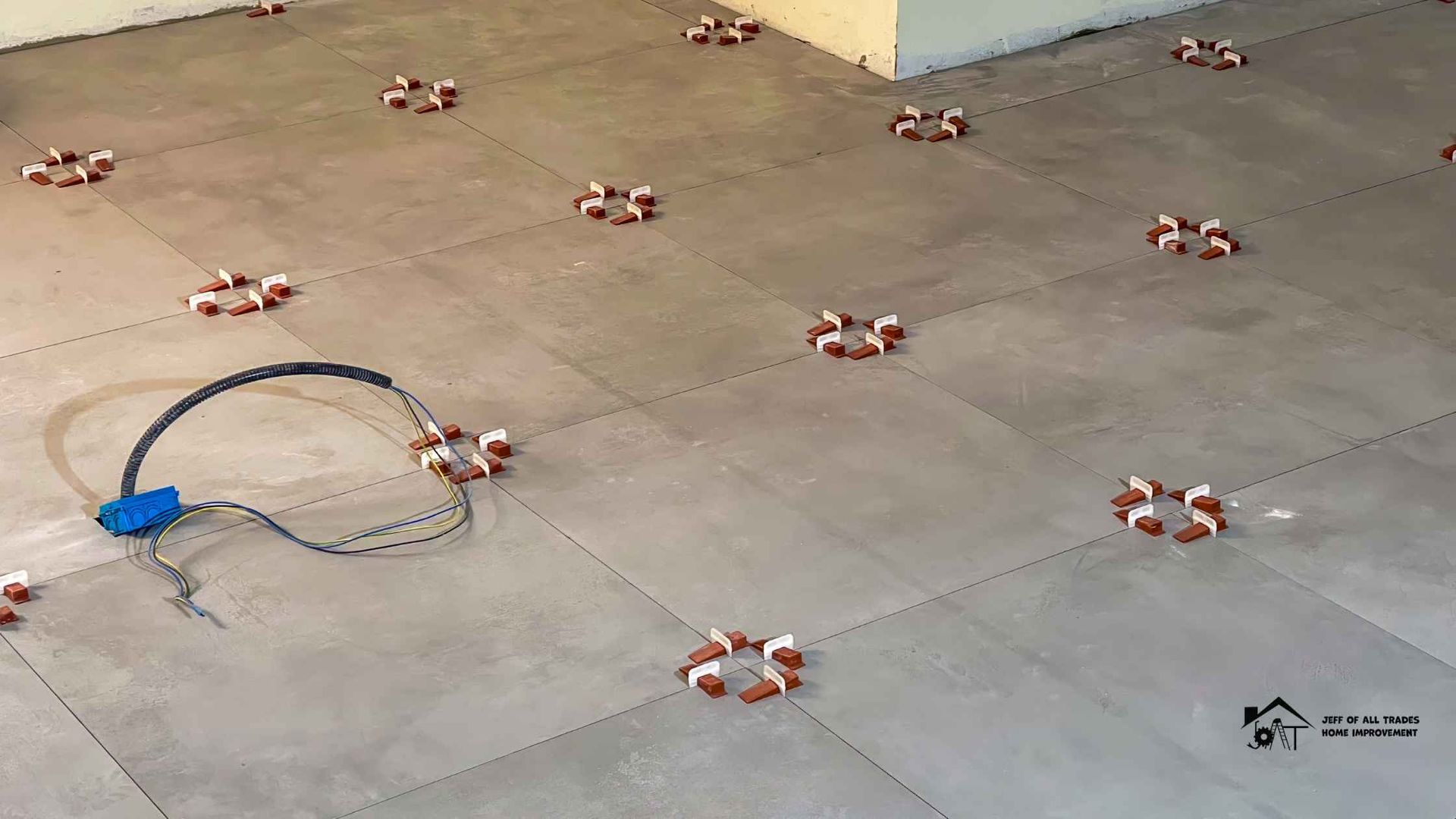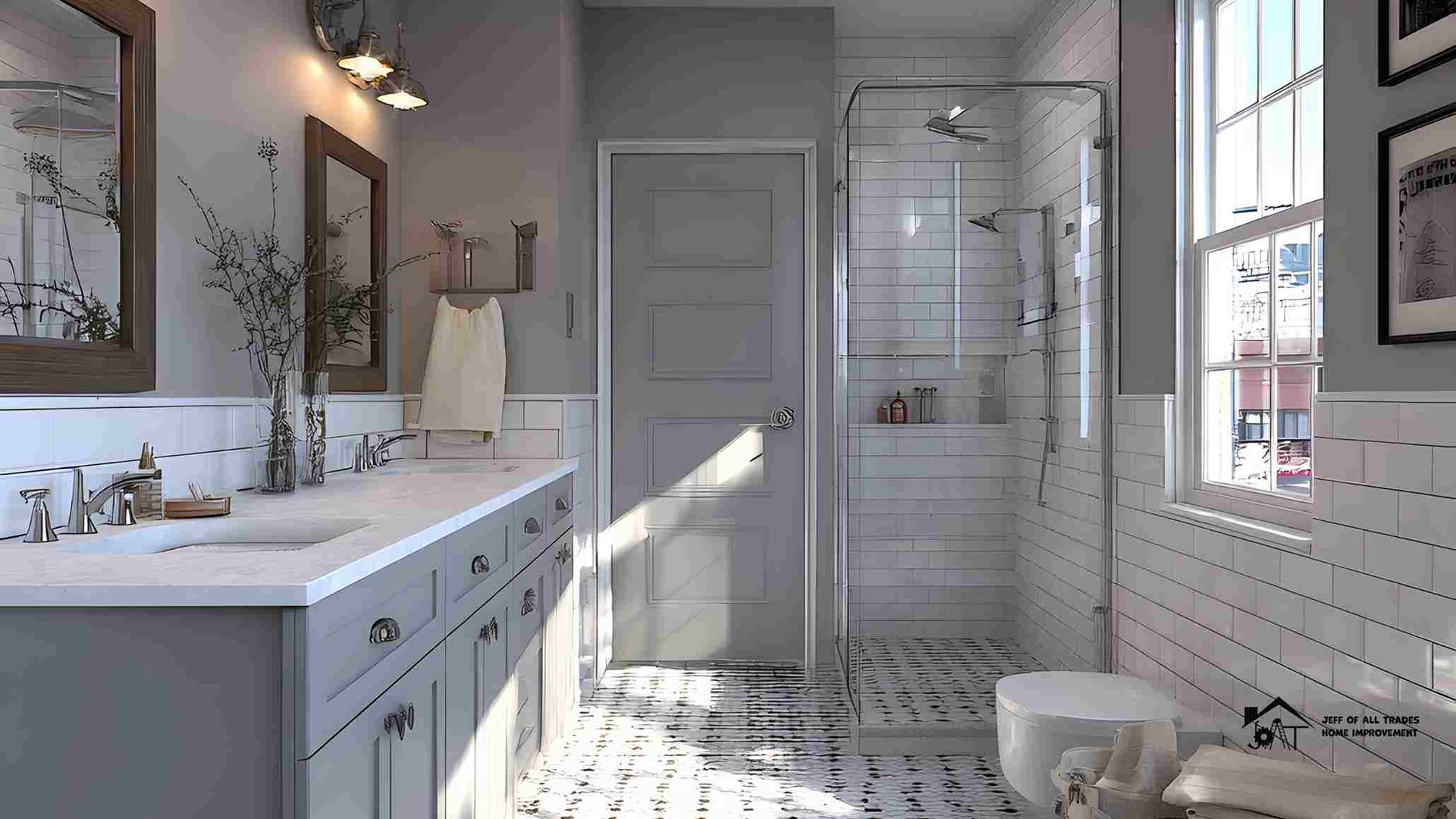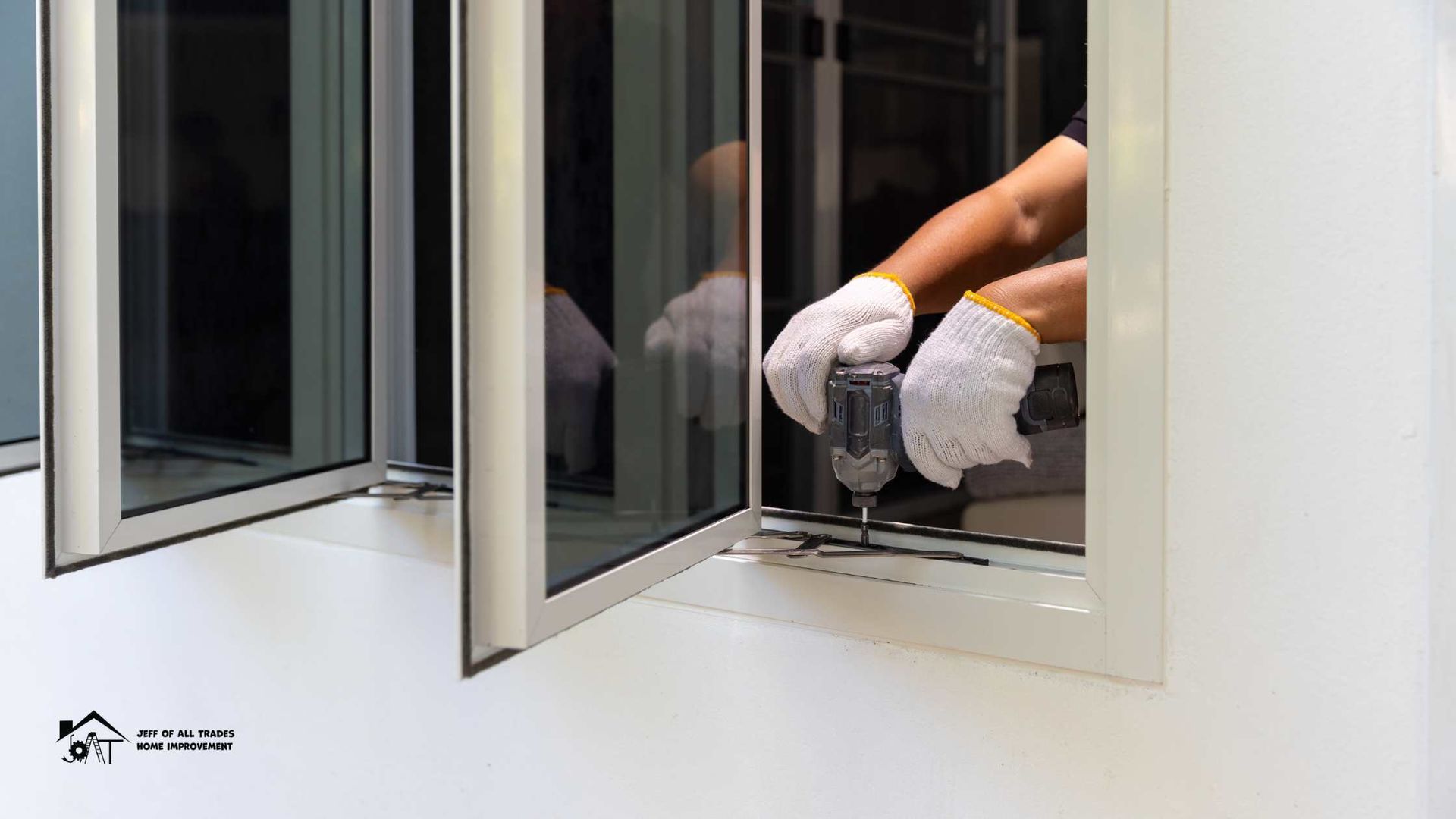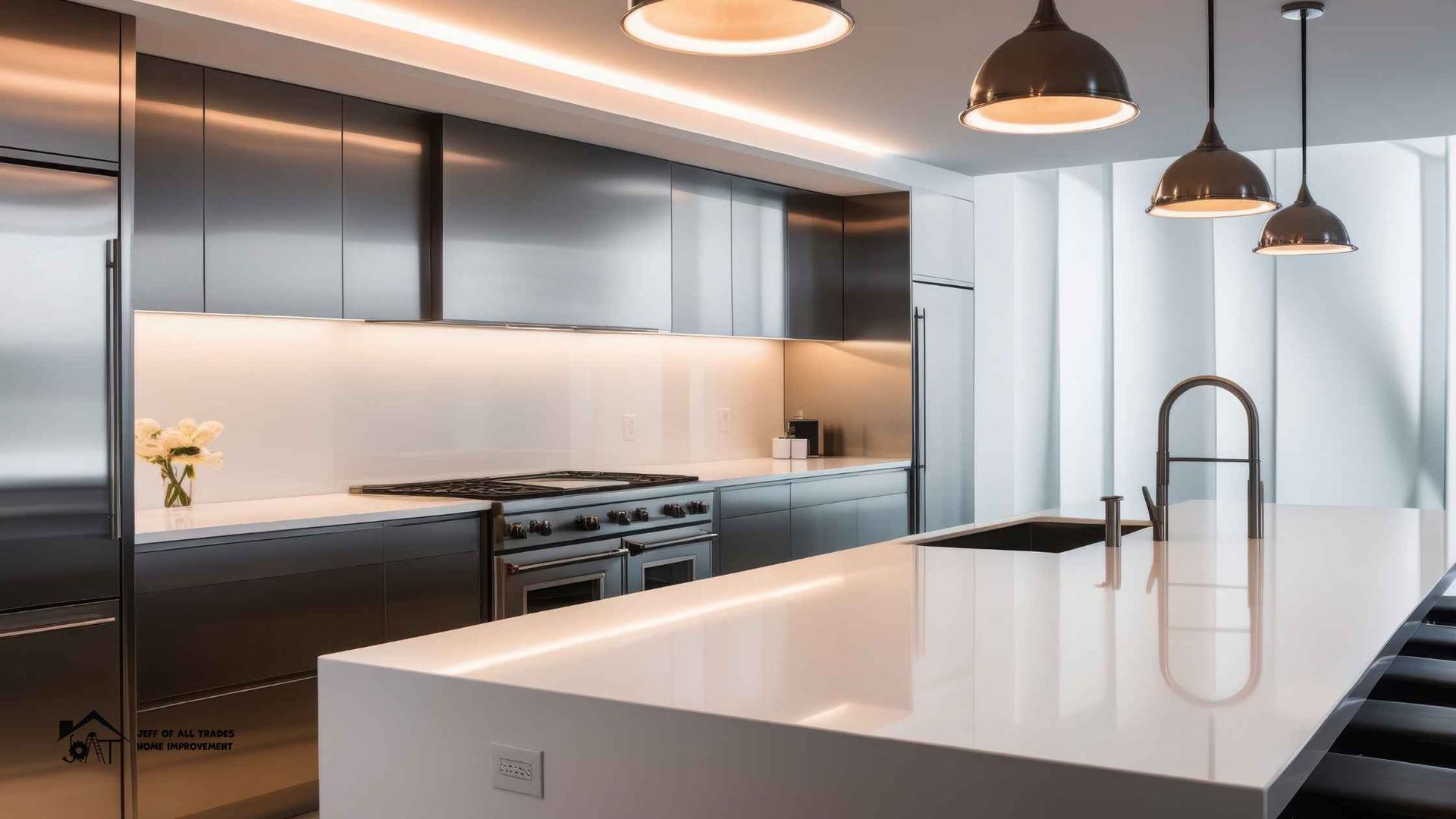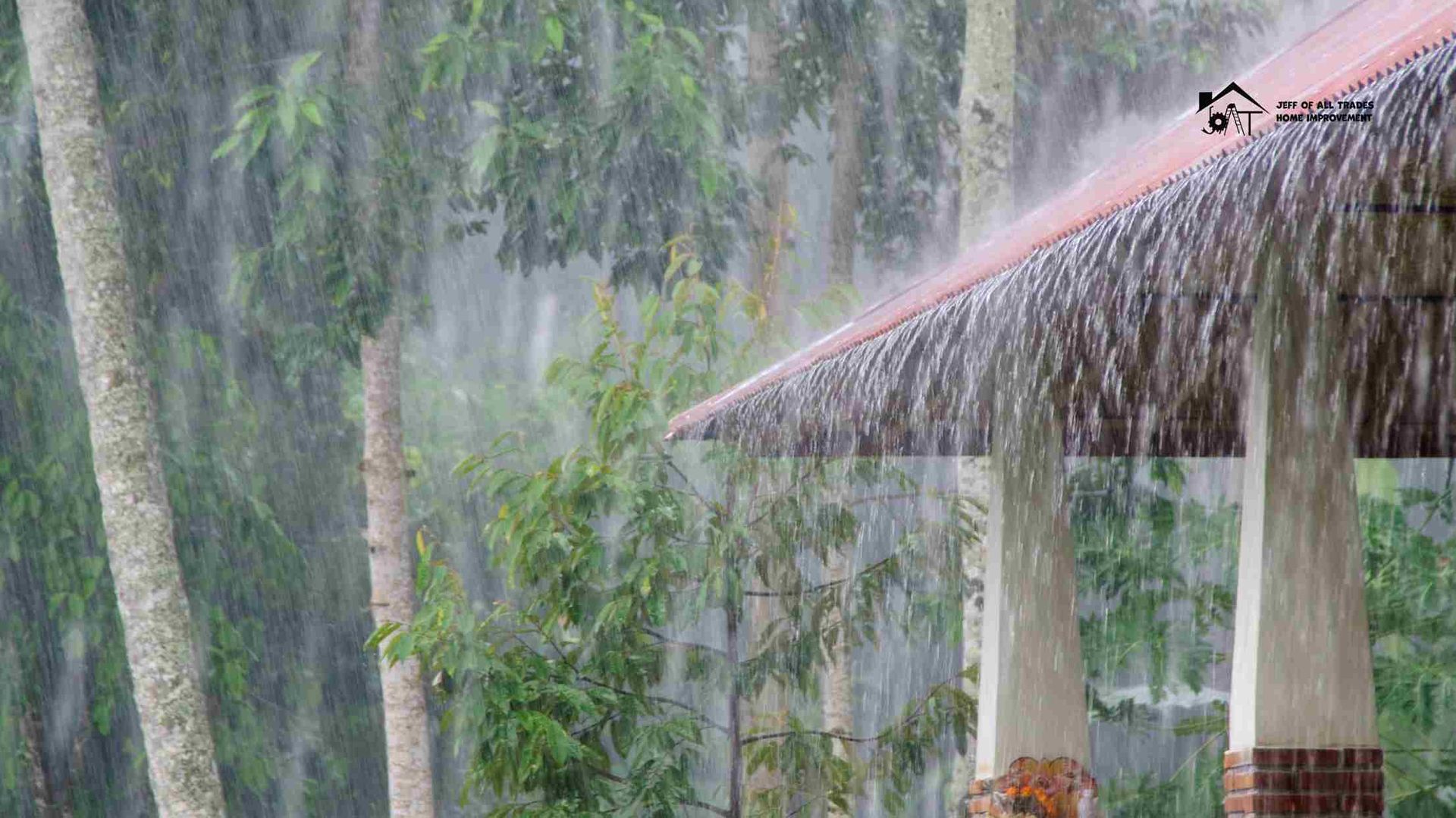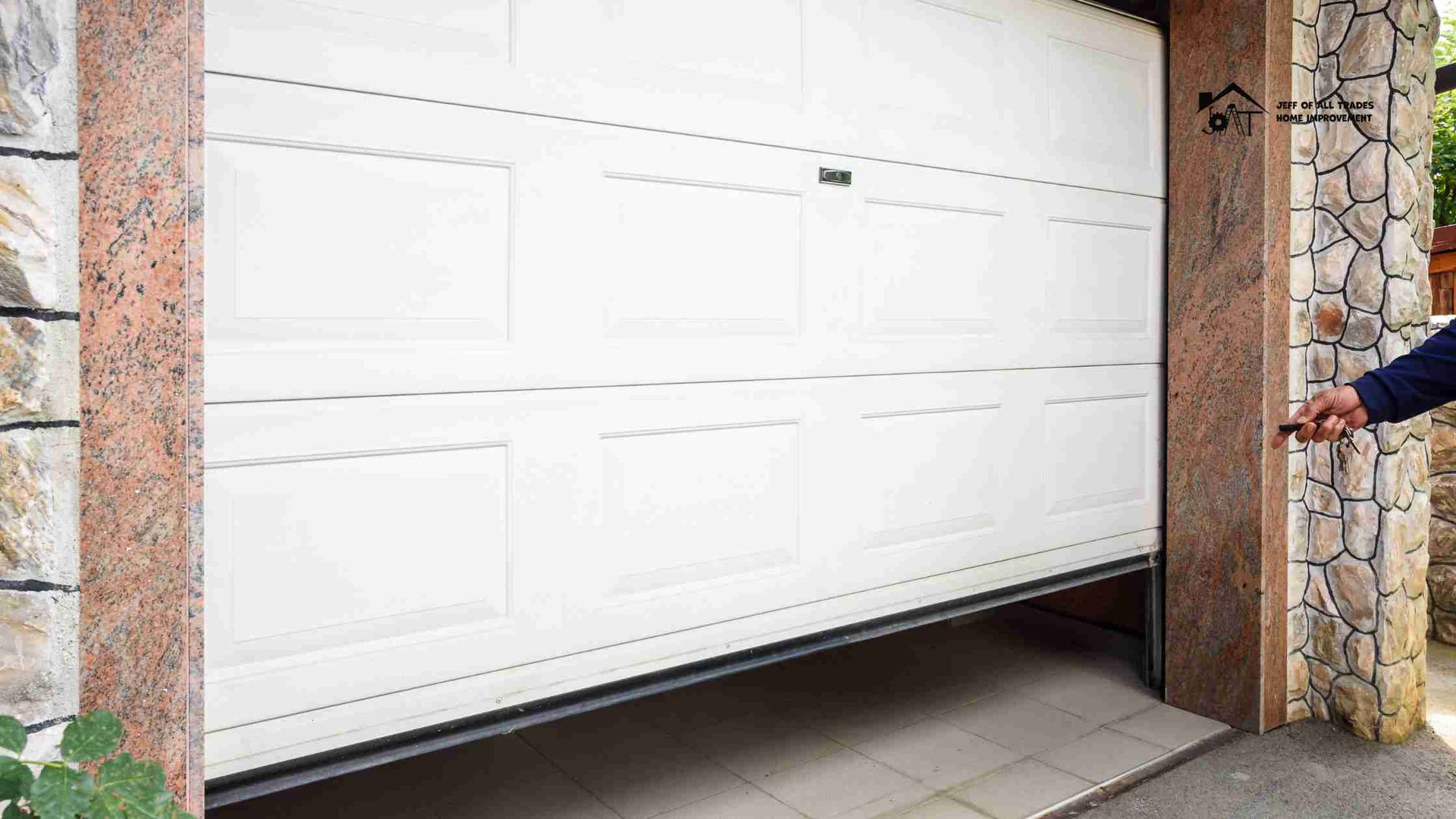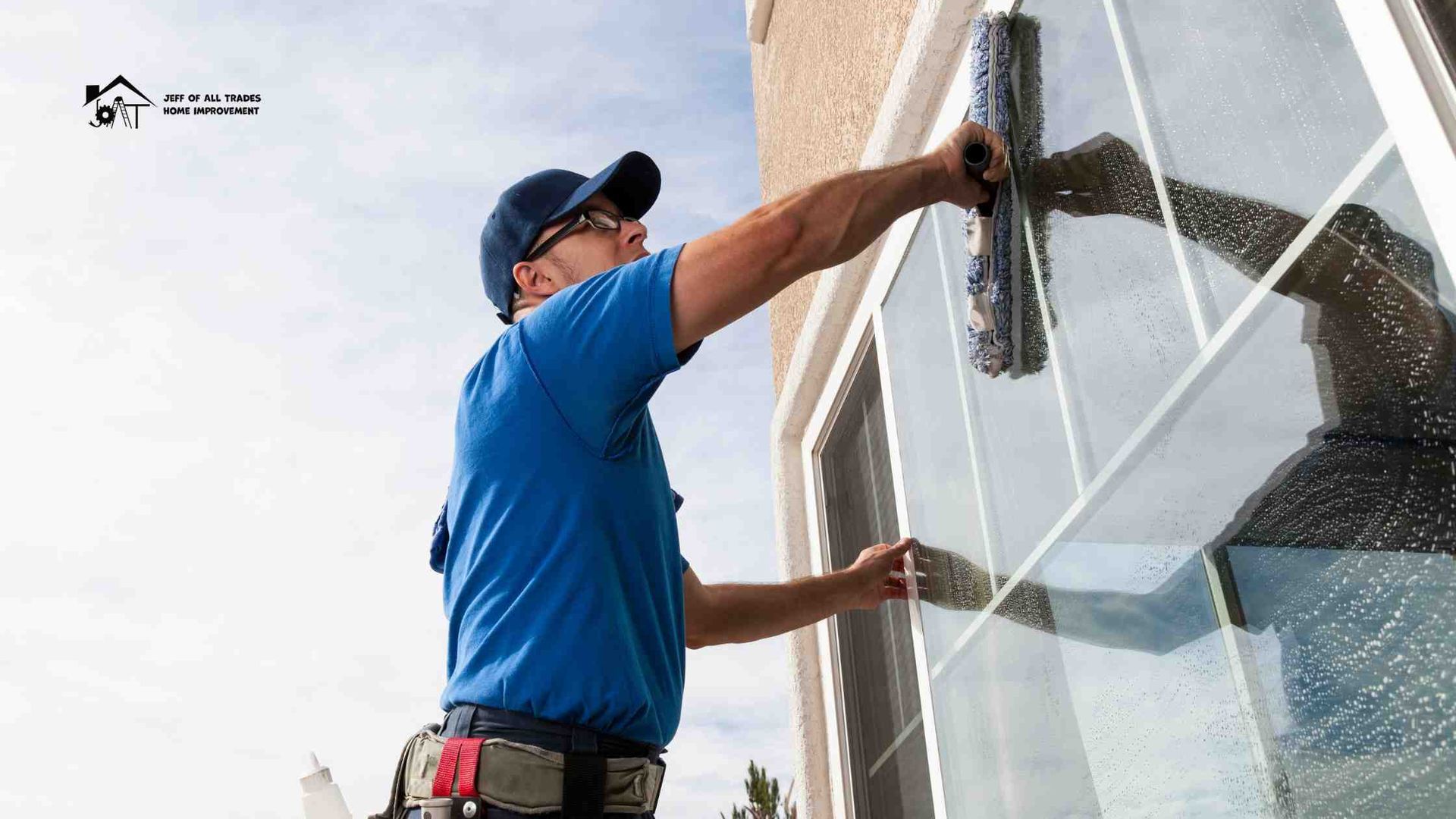Driveway Sealing Myths and Facts Homeowners Should Know in NJ
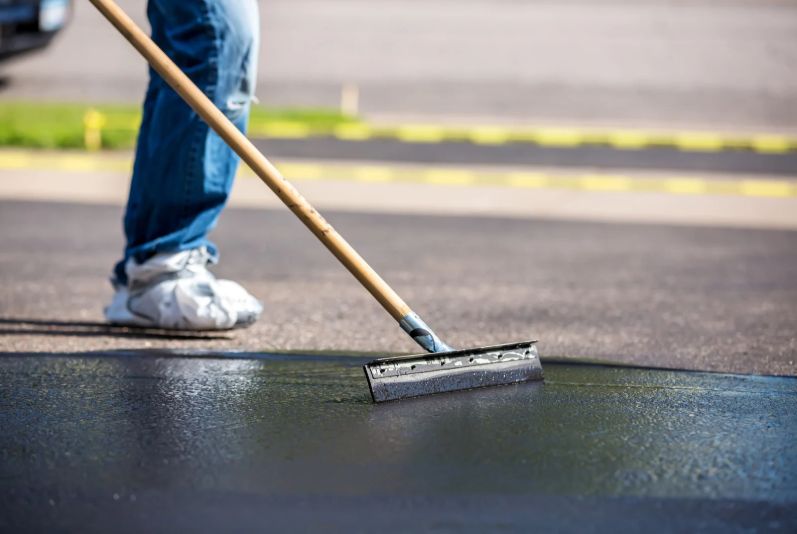
On a crisp September morning, you notice spider-web cracks spreading across the once-jet-black asphalt. A neighbor swears a $15 bucket of sealant and a broom will fix everything. Another claims sealing is a scam. The internet delivers a dozen conflicting answers before you finish your coffee.
Welcome to the wild world of driveway sealing.
Jeff of All Trades Home Improvement has been rescuing Somerset County driveways for two decades, and we’ve heard every myth under the sun. This guide distinguishes between fiction and fact, explains modern sealant chemistry, compares DIY vs. professional costs, and concludes with a step-by-step plan to keep your asphalt looking showroom-new.
1. Five Costly Myths—Busted
Myth 1: “Sealing is only cosmetic.”
Fact:
A quality sealer locks out UV rays, salt brine, motor oil, and water—the four horsemen of asphalt failure. Studies by the National Pavement Association show that sealed driveways last up to
5 % longer than unsealed surfaces.
Myth 2: “You should seal every single year.”
Fact:
Over-sealing traps moisture, causing flaking. In New Jersey’s freeze-thaw climate, a
two- to three-year cycle is ideal when using commercial-grade sealer.
Myth 3: “Any sunny day works for sealing.”
Fact:
Asphalt and air temperatures must stay between 55 °F and 90 °F for 24 hours. Spring mornings can dip below curing range; July afternoons can flash-dry the film and cause peel-off. Jeff targets late May or early September windows.
Myth 4: “Coal-tar sealers were banned—alternatives are worthless.”
Fact: New Jersey restricted coal-tar because of PAH pollution. Today’s top acrylic-latex and asphalt-emulsion sealers rival or outperform coal-tar without the toxins.
Myth 5: “DIY kits save hundreds.”
Fact: When you factor in extra buckets, disposable tools, and the Saturday you could spend elsewhere, most DIYers save less than
$75—and risk streak marks that reduce curb appeal.
2. Know Your Sealant Types
| Sealant | Main Ingredients | Durability | Finish | Best For |
|---|---|---|---|---|
| Asphalt Emulsion | Refined asphalt, clay, additives | 2–3 yrs | Dark charcoal | Everyday driveways |
| Acrylic-Latex | Acrylic polymers, pigments | 3–4 yrs | Rich black, UV-resist | Sun-baked, south-facing drives |
| Gilsonite | Natural bitumen, aromatic oils | 2 yrs | Glossy black | Quick-curing jobs |
| Bio-Based (Soy/Polysaccharide) | Plant oils, resins | 2 yrs | Matte black | Green households |
| Rubberized High-Solids | Asphalt emulsion + crumb rubber | 4–5 yrs | Satin | Heavy-traffic or RV pads |
Somerset County climate, properly prepped surface.
Jeff’s crews prefer a rubberized high-solids emulsion on tall homes with steep grades because the crumb rubber stays flexible when sub-zero January temperatures strike.
3. Timing: Catch Asphalt at Its Sweet Spot
- Age – Seal only after new asphalt cures 90 days (summer) to 180 days (winter-laid).
- Weather – Choose a 48-hour dry spell. Rain within eight hours can wash sealer into planting beds.
- Traffic – Keep cars off for 24 hours (emulsion) to 48 hours (acrylic-latex). Jeff provides disposable shoe covers for mail carriers.
Calendar cheat sheet for Somerset County:
- Early May: Post-pollen scrub and seal.
- Labor Day weekend: Perfect temps, low humidity.
- Late October: Risky—temps drop fast. Only pro-grade additives guarantee a cure.
4. DIY vs. Pro: The Real Numbers
| Driveway Size | DIY Materials | DIY Time | Hidden Costs |
|---|---|---|---|
| 12 × 30 ft (single) | 2 buckets @ $27 = $54 | 4 hrs | $20 tools + 1 Saturday |
| 20 × 40 ft (double) | 4 buckets = $108 | 6 hrs | $40 tools + cleanup |
| 30 × 60 ft (triple) | 8 buckets = $216 | 8 hrs | $60 tools + disposal |
When you value Saturday at $40 per hour (average side-gig rate), Jeff’s price often beats DIY by the second driveway cycle.
5. The Jeff of All Trades 5-Step Pro Process
- Deep Clean & Edge-Cut – 4,000-PSI surface cleaner plus rotary wand for corners.
- Hot-Rubber Crack Fill – Fills gaps to prevent water intrusion under slabs.
- Oil-Spot Primer – Petro-seal bonds over drips from parked cars.
- Commercial Spray Application – 75% solids sealer laid at 0.12 gal/ft²; hand-brush cut-ins prevent overspray from reaching garage doors.
- Drying & Barricade – Use cones and caution tape; verify cure with a moisture meter before removal.
Result: an even, jet-black finish that sheds water and wows appraisers.
(Check our Portfolio.)
6. Hidden Dangers of Skipping Sealing
- Spider-web Cracks Spread – Water seeps, freezes, and forces cracks wider each winter.
- Oxidation Fades Color – Sunlight bleaches binders; gray asphalt absorbs more heat, accelerating brittleness.
- Pothole Birthplaces – Sand and gravel loosen under tire shear; one thaw-freeze cycle becomes a crater.
- Higher Resale Costs – Appraisers ding neglected driveways up to $5,000 in value adjustments.
A $0.90-per-square-foot seal job now beats a $6-per-square-foot rip-and-repave later.
7. Persuasive Real-Life Example
In 2022, a Bernardsville homeowner skipped sealing for five years. The driveway sprouted quarter-inch cracks and a palm-sized pothole near the garage. Reheat patch quotes topped $2,800.
Jeff’s solution:
- Router-clean cracks, fill with hot rubber.
- Infrared patch small pothole.
- Apply acrylic-latex sealer with UV booster.
Total invoice: $640. Two years later, zero cracks have reopened.
8. Common DIY Mistakes—And How Pros Avoid Them
Mistake#1:
Applying sealer over moss or mildew.
Pro Fix: Jeff applies a bleach-free biocide 48 hours prior, then power-washes.
Mistake#2: One thick coat instead of two thin coats.
Pro Fix: Sprays two perpendicular coats for full coverage without puddling.
Mistake#3: Sealing hairline cracks with sealer alone.
Pro Fix: Hot-rubber filler first, sealer second.
Mistake#4: Ignoring downspout discharge onto driveway.
Pro Fix: Installs splash blocks or drains to divert water.
FAQs: Driveway Sealing Myths and Facts
How soon after paving can I seal my driveway?
In New Jersey, wait 90–180 days so the asphalt oils fully cure. Sealing too early traps solvents and causes peeling.
Will sealing my driveway make it slippery in winter?
Jeff’s team adds silica grit to the final coat on steep drives, maintaining traction even with light snow.
Does driveway sealing increase home value?
Appraisers report a sealed, crack-free drive can boost perceived maintenance value by $2,000–$5,000.
What if rain is forecast after my scheduled sealing date?
Jeff monitors the weather hourly and reschedules at no additional charge to ensure a proper cure.
Ready to Protect Your Drive the Smart Way?
Stop guessing and start sealing with science—and a pro team that treats your asphalt like their own.
- Call 908-963-3533 for a free driveway evaluation and driveway sealing services.
- Email jeffofalltradeshandymanservice@gmail.com
- Or request an estimate at JeffOfAllTradesHomeImprovement.com
Jeff of All Trades Home Improvement: Trusted by Somerset County homeowners for craftsmanship, transparency, and results that outlast New Jersey’s toughest seasons.



